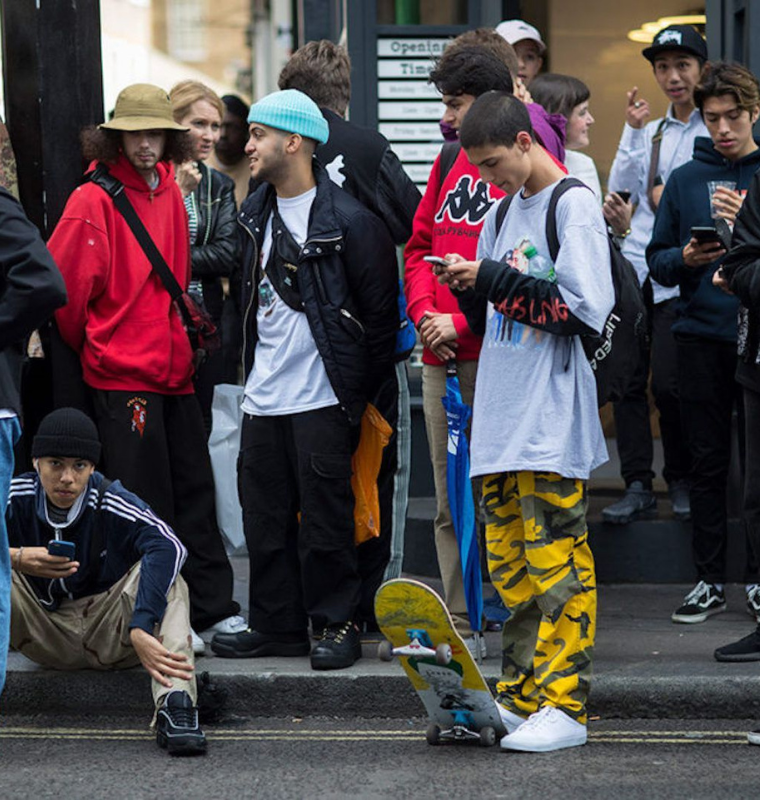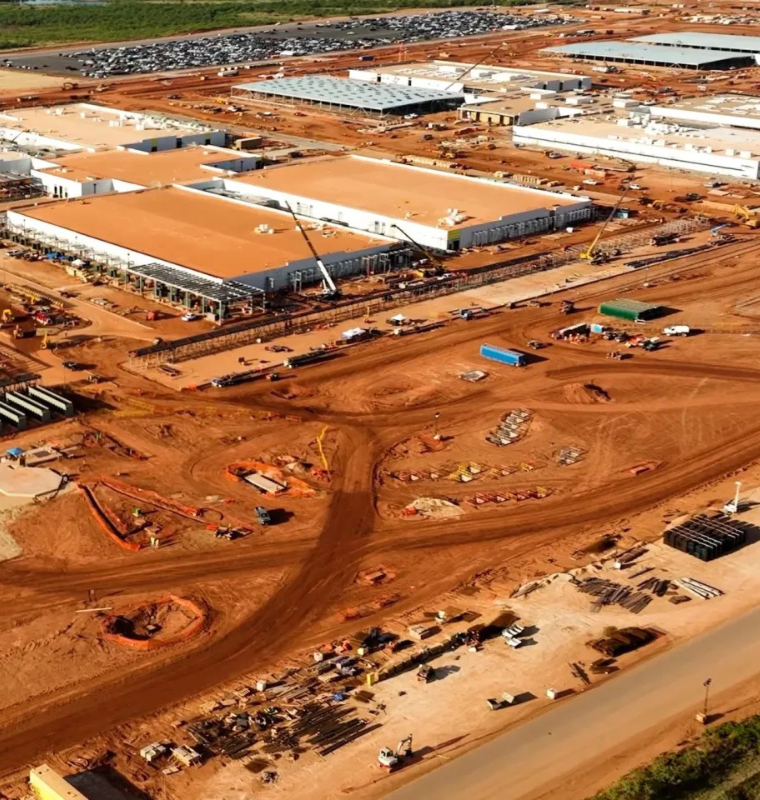Pandora Shares Slide After CEO Retirement Announcement
Pandora Shares Slide After CEO Retirement Announcement
By
Junia Wells
Last updated:
September 30, 2025
First Published:
September 30, 2025

Photo: CNBC
European stocks opened weaker on Tuesday, with investors balancing fresh concerns over U.S. trade tariffs, political gridlock in Washington, and company-specific developments that sent some shares sharply lower.
The pan-European Stoxx 600 slipped 0.2% shortly after the opening bell, with most sectors and major bourses trading in negative territory. Among the biggest movers was Danish jewelry giant Pandora, whose shares tumbled 3.5% in early trading.
Leadership shake-up at Pandora
The decline came after Pandora confirmed that Chief Executive Officer Alexander Lacik will retire in March. Lacik, who has led the company since 2019, oversaw a successful turnaround strategy that revitalized the brand’s image and helped restore sales momentum in key markets such as the United States and China.
His successor will be Berta de Pablos-Barbier, currently Pandora’s Chief Marketing Officer and a former LVMH executive with extensive experience in luxury branding. While the appointment signals continuity in strategy, investors reacted cautiously, reflecting uncertainty over leadership transitions in an industry where brand perception and consumer engagement are critical.
Under Lacik, Pandora’s revenues grew steadily, topping 28.1 billion Danish kroner ($4 billion) in 2023, with double-digit growth in online sales. Analysts say the incoming CEO will need to maintain that momentum while adapting to shifting consumer spending patterns and increased competition from other global jewelry houses.
Global market backdrop
The leadership news comes at a time when international markets are already under pressure. U.S. President Donald Trump announced on Monday that his administration will impose new tariffs—10% on imported timber and lumber and an initial 25% on imported kitchen cabinets, vanities, and upholstered furniture. The tariffs are scheduled to rise further next year.
Trump argued that such imports pose a threat to the U.S. economy and national security. Investors, however, fear that escalating trade measures could slow global growth and squeeze margins for manufacturers and exporters, particularly in Europe and Asia.
Adding to the uncertainty, Washington faces the growing risk of a federal government shutdown. After a meeting at the White House, Vice President JD Vance signaled little progress, warning: “I think we’re headed to a shutdown because the Democrats won’t do the right thing.”
While shutdowns have not always shaken markets in the past, this one is being watched closely. With labor market data softening, concerns about stagflation rising, and stock valuations elevated, investors are bracing for sharper reactions if the U.S. government halts operations. Credit agencies could also weigh in, as Moody’s downgraded the U.S. outlook earlier this year.
Broader European and global sentiment
Elsewhere, political developments continue to shape investor confidence. In the U.K., Prime Minister Keir Starmer is preparing his keynote address at Labour’s annual conference in Liverpool. Finance Minister Rachel Reeves spoke on Monday, offering few hints on the upcoming Autumn Budget, though expectations of higher taxes are fueling debate among businesses and households.
In Asia, trading was mixed after official Chinese data showed manufacturing contracted for the sixth straight month, reinforcing concerns about the health of the world’s second-largest economy.
Meanwhile, U.S. stock futures traded flat overnight as Wall Street looked to extend an unusually strong September. Analysts say investor sentiment remains fragile, caught between optimism over corporate earnings and anxiety over global economic risks.
What it means for Pandora
For Pandora, the leadership transition will be closely watched by both shareholders and competitors. The jewelry market is facing shifting consumer behavior, with younger buyers gravitating toward sustainable materials, lab-grown diamonds, and digital shopping experiences.
If de Pablos-Barbier can leverage her branding expertise and capitalize on these trends, Pandora may continue its growth trajectory. But the initial drop in share price shows that investors want clear signals that the company can navigate leadership change while protecting margins in an uncertain global economy.
Popular articles
Subscribe to unlock premium content
Why Consumers Buy Limited-Edition Fashion and Beauty Products

How K-Beauty Changed the Global Skincare Industry and Consumer Expectations

How Streetwear Became a Billion-Dollar Industry From Niche to Mainstream

Why Consumers Buy Limited-Edition Fashion and Beauty Products

How K-Beauty Changed the Global Skincare Industry and Consumer Expectations

Why Consumers Buy Limited-Edition Fashion and Beauty Products









